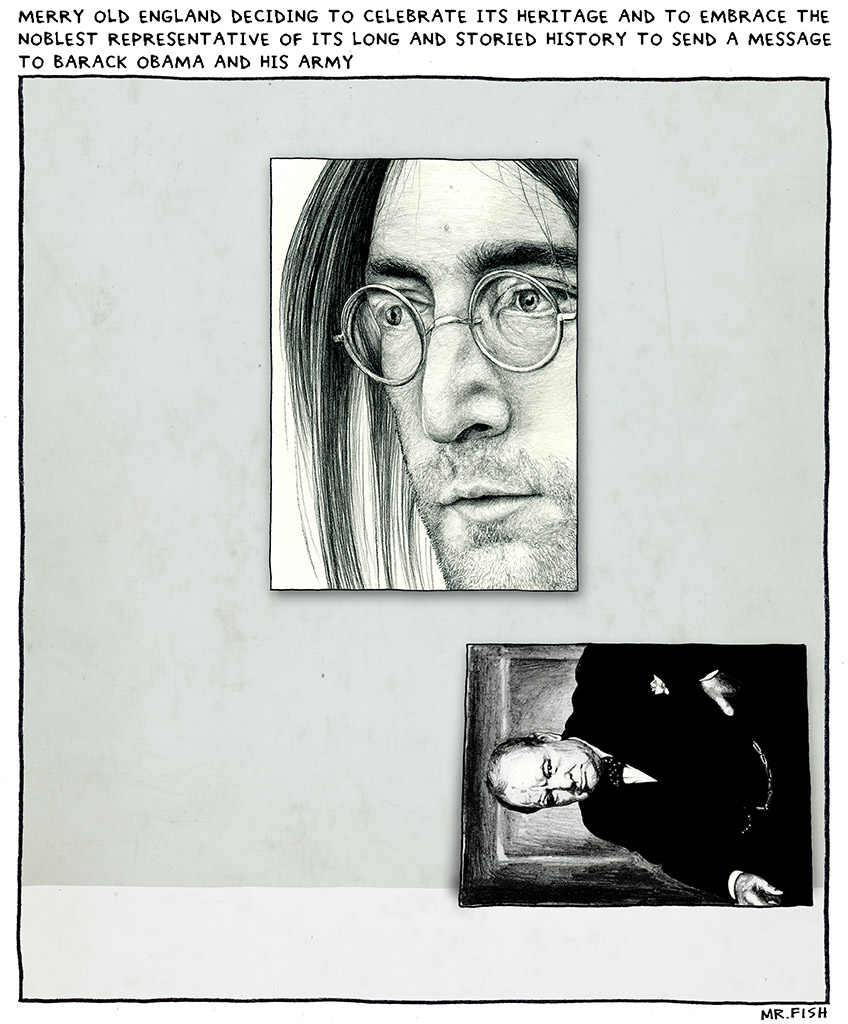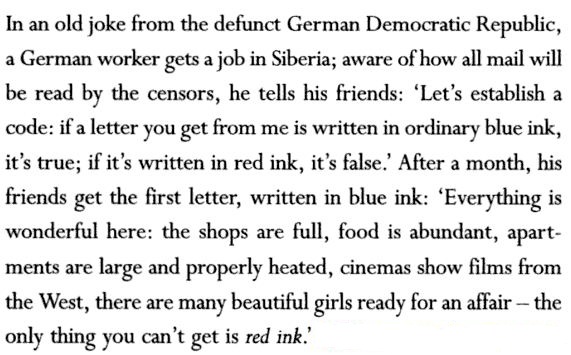Who will win if India and Pakistan goes to war? Detailed analysis here
It seems in case of a conventional war India has an advantage, and would probably make some territorial gains across the plains and later hold that up for the negotiated ceasefire. But the effectiveness of Pakistani forces in the plains would mean that India would suffer heavy loss of life with several of its top military divisions wiped out. India wins despite a loss of life maybe in the thousands, but why would Pakistan not use its nuclear arsenal?
“In the final analysis the PAF and the Pakistani Naval Service would have had much of their offensive capabilities destroyed, while the Pakistani Army although better off would have lost most of it’s top divisions , something that would have also occurred with the Indian Army. While the INS and IAF would be in a significantly better position than their Pakistani counterparts, the IAF would have to engage in a major rebuilding to address the losses that it would suffer to it’s fleet mainly it’s older attack fighters in their attacks on Pakistani targets and in maintaining air superiority, while the INS would have to address losses that would incur in it’s engagements with the PNS. While Pakistan’s push to become a regional superpower would have been severely curtailed. While the economies of both countries but in particular Pakistan would be severally damaged.”
In case of a nuclear war, both the nations are equally matched in terms of warheads but India has an accurate carrier in Prithvi which can strike any major Pakistan city. The accuracy of Pakistani missiles are not yet demonstrated. Better still, Pakistan maybe able to hit a few metros in India but India can wipe out every town in Pakistan in case of such an engagement. Analyze that! wipe out everything standing from Quetta to Karachi, including Rawalpindi, Islamabad and Lahore in exchange of Delhi, Mumbai, Chandigarh, and Ahmedabad. We’ll still have Bangalore, Chennai and possibly Calcutta. India wins despite a loss of life in millions, thereby ending once and for all the threat of terrorism in Mumbai and Delhi.
Sadly between India and Pakistan there are no surgical limited strikes. (what does that mean? India strikes Pakistan, and Pakistan can strike terror camps in India? I don’ think Pakistan would agree to that)
I knew a simple soldier boy Who grinned at life in empty joy, Slept soundly through the lonesome dark, And whistled early with the lark.
In winter trenches, cowed and glum, With crumps and lice and lack of rum, He put a bullet through his brain. No one spoke of him again.
You smug-faced crowds with kindling eye Who cheer when soldier lads march by, Sneak home and pray you’ll never know The hell where youth and laughter go.
Siegfried Sassoon, Suicide in the trenches
And a retired Pakistani Brigadier talks about killing a few hundred million people,
“I insisted Benazir accept it as a gift,” Aman told me.
We both looked up at the painting in silence. “A rocket ship heading to the moon?” I asked.
Aman tipped his head to the side. A smirk tugged at the corners of his mouth. “No,” he said. “A nuclear warhead heading to India.”
I thought he was making a joke. Then I saw he wasn’t. I thought of the shrines to Pakistan’s nuclear-weapons site, prominently displayed in every city. I told Aman that I was disturbed by the ease with which Pakistanis talk of nuclear war with India.
Aman shook his head. “No,” he said matter-of-factly. “This should happen. We should use the bomb.”
“For what purpose?” He didn’t seem to understand my question. “In retaliation?” I asked.
“Why not?”
“Or first strike?”
“Why not?”
I looked for a sign of irony. None was visible. Rocking his head side to side, his expression becoming more and more withdrawn, Aman launched into a monologue that neither of us, I am sure, knew was coming:
“We should fire at them and take out a few of their cities-Delhi, Bombay, Calcutta,” he said. “They should fire back and take Karachi and Lahore. Kill off a hundred or two hundred million people. They should fire at us and it would all be over. They have acted so badly toward us; they have been so mean. We should teach them a lesson. It would teach all of us a lesson. There is no future here, and we need to start over. So many people think this. Have you been to the villages of Pakistan, the interior? There is nothing but dire poverty and pain. The children have no education; there is nothing to look forward to. Go into the villages, see the poverty. There is no drinking water. Small children without shoes walk miles for a drink of water. I go to the villages and I want to cry. My children have no future. None of the children of Pakistan have a future. We are surrounded by nothing but war and suffering. Millions should die away.”
“Pakistan should fire pre-emptively?” I asked.
Aman nodded.
“And you are willing to see your children die?”
“Tens of thousands of people are dying in Kashmir, and the only superpower says nothing,” Aman said. “America has sided with India because it has interests there.” He told me he was willing to see his children be killed. He repeated that they didn’t have any future-his children or any other children.
I asked him if he thought he was alone in his thoughts, and Aman made it clear to me that he was not.
“Believe me,” he went on, “If I were in charge, I would have already done it.”
Aman stopped, as though he’d stunned even himself. Then he added, with quiet forcefulness, “Before I die, I hope I should see it.”



This is the stark reality; many of us is yet to realize that a Nuclear face off b/w the two neighbours is more than an uneasy imagination. The warhead is controlled by the Pak military and who knows if they would not turn the switch when in desperation. If or not a nation called Pakistan would exist the next day is another genuine doubt, but that wouldn’t heal our wounds, would it?
The prospect is frightening… I truly would not want to be around in this world to see the day.
No No No..no WAR..
Merry Christmas 🙂
Wish you peace,love and happiness, my dear!
And doesn’t Aman mean peace? The cold and dispassionate way in which this US thinktank explores the various possibilities in an India-Pak war scares me. It is as though they are encouraging both countries to take a gamble. Though a supporter of the nuke deal earlier, i get to live pretty close to a nuclear reactor now and the possibility of a minor leak there, forget a bomb, sends a shiver through my spine.
May peace and reason prevail. Now now…isn’t reason a loaded word after having read Aman’s reasons for nuke strikes! 🙂
Jiby, 🙂
i’m sick and tired of these forums man, their armchair wars! sickos they are.
like simi garewal said ‘carpet bomb pakistan’ 🙂 is almost like Jayabharati talking about DPEP 🙂
bloody warmongers! if a war comes, GOI should enlist 25% of IT guys, IIM crowd and IITians (people who send these godforsaken Jai Hind forwards) …thats when sicko Indian middle class will feel a cluster bomb up theirs
Hi,
I was reading ur blog posts and found some of them to be very good.. u write well.. Why don’t you popularize it more.. ur posts on ur blog “ËœT a l k i e s’ took my particular attention as some of them are interesting topics of mine too;
BTW I help out some ex-IIMA guys who with another batch mate run http://www.rambhai.com where you can post links to your most loved blog-posts. Rambhai was the chaiwala at IIMA and it is a site where users can themselves share links to blog posts etc and other can find and vote on them. The best make it to the homepage!
This way you can reach out to rambhai readers some of whom could become your ardent fans.. who knows.. 🙂
Cheers,
What a life. Just knowing about all things via net
and also from movies